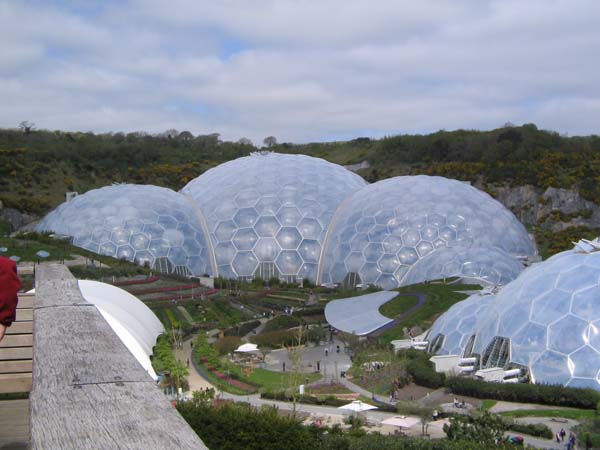5 Redefining and de-territorialising

Transdisciplinarity, as depicted in the cake analogy at the start of this unit (Table 1), invites us to not just bring together different disciplines, but to make or create something entirely different across or between them, which is connected directly to our lived experiences and the world. To do so unsettles, redefines and de-territorialises not only disciplinary language but also embodied disciplinary habits – in other words, it sets words and bodies into different motions.
Burnard et al. mention that de-territorialisation does not have to be:
a destructive shift away from our disciplinary knowledges and experiences, but a constructive remaking, a re-territorializing, to find new experiences, words, and relationships, which all provided generative ways to democratically and creatively re-view our practices of teaching.
Activity 5.3 Thinking with themes
Transdisciplinary experiences often arise from concepts, spaces or topics that have immediate transdisciplinary opportunities.
1a. ![]() From the list below, choose one theme and create a mind map in your learning journal in response to the statement above. (You can also write one out on a separate piece of paper or use a digital tool like mindmup, if you wish.) Note all the associations, concepts, ideas, spaces and activities you can think of related to it.
From the list below, choose one theme and create a mind map in your learning journal in response to the statement above. (You can also write one out on a separate piece of paper or use a digital tool like mindmup, if you wish.) Note all the associations, concepts, ideas, spaces and activities you can think of related to it.
- Sense of place
- Nature phenomena
- Relationships
- Beauty
- Body systems
- Performance
- Force and motion
- Pattern
- Trade
- Memories
- Natural materials
- Expression
- Identity
- Work
- Growth
2. ![]() Now read Sharon Witt and Helen Clarke’s (2020) article on ways young people can be invited to pay attention to more-than-human perspectives. In doing so, the pupils (in this case primary school children) redefine and de-territorialise their current position to understand and relate to the trees in a richer, deeper way than they otherwise would have.
Now read Sharon Witt and Helen Clarke’s (2020) article on ways young people can be invited to pay attention to more-than-human perspectives. In doing so, the pupils (in this case primary school children) redefine and de-territorialise their current position to understand and relate to the trees in a richer, deeper way than they otherwise would have.
As you read, consider how you could enact similar ‘Invitations of place’ and ‘Coming to know the world’ activities in your practice.
- Witt, S. and Clarke, H. (2020) ‘Paying attention to a more-than-human world’
4 Following and exploring
